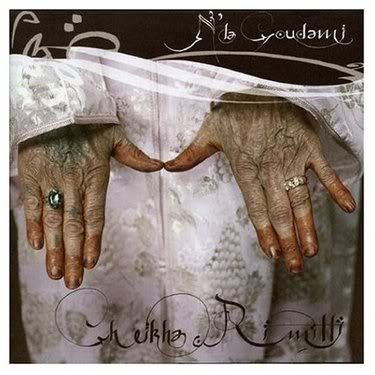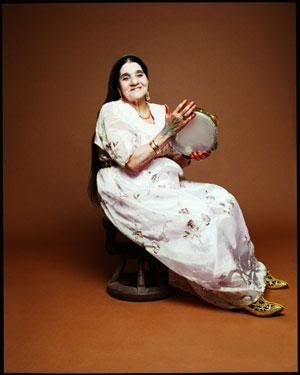 Picture
Picture
Théodore Monod (1902-2000), Déserts
If you have a chance to travel to the Maghreb one day (and yeah...you should), Two of the "must see" places are of course, The Rif mountains in Morocco & The Aurès Mountains in Algeria. If the Riff is well known (for his haschich producer & Rides) as his algerian cousin, both are full of history, stories & culture.
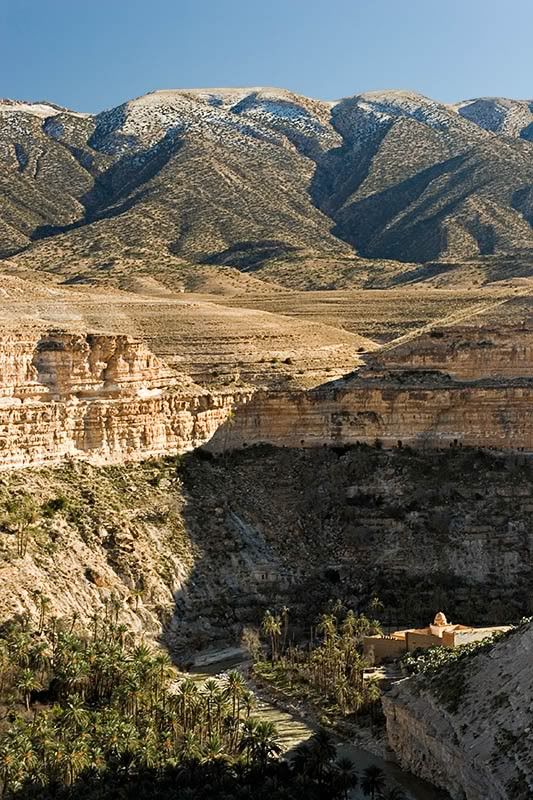
To illustrate this beautifull part of Algeria, i chose a song from the last CD of Accords Croisés collections: Cavaliers de L'Aurès (Riders of the Aurès). As you maybe know, Aurès is a part of Algeria where Horses & Riders have an important place & history. Everybody knows that most of the beautifull & competitiv horses are called "Pur Blood" and comes from Maghreb. Accords Croisés edition wanted to show how much Horses & Mens share culture in the Aurès Mountains...
Instead of keep on writing bad english (sorry Adri...)
I prefer to let Bachir Hadjadj explains some things about Riders, Kabylia & the traditional music of the Aurès.
" The Shawiya Berbers live in a rugged mountainous territory in north-east
The Shawiya have always led a pastoral life. To this day they breed horses that are noted for their exceptional agility, stamina and resistance. In the past the young men of the Shawiya people spent much of their time on horseback, herding the flocks to their pastures. These mounted shepherds were known as “Rayan el kheil” ; they were the Horsemen of the Aurès.
These brave young riders, who were always ready to defend their people against possible agressors, were the dream of young Shawiya women.
During the season of festivities that follows the harvest, the air is cooler and nature and man can breathe once more. It is then that the gasba is heard, its notes rising into the clear, starry night. The sensual sound of this long oblique flute – a type of Nây – captures the hearts of the girls and causes their mothers to sigh.
The singer’s bewitching voice evokes passing time, lost loves, footprints in the dew left by a departing lover. The silver bangles that the girls wear on their ankles jingle to the throbbing beat of their bender.
At weddings, the women, forming a cortège, sing to accompany the bride to her new home. Meanwhile the horsemen on their magnificient steeds, chestnut, bay or grey, raise the dust in the arena as they try to outdo each other in dexterity and daring. Sometimes a young woman leaves the cortège and moving forward tosses her scarf into the arena: her heart is free and she challenges the men. With their bodies leaning close to their spirited mounts, the riders gather speed; there is a furious charge and a sound of metal as stirrups clash; only one horseman can seize the scarf. As he does so the women ululate in celebration; shots are fired into the air…
Who better than Houria Aïchi, with her warm, pure voice, could evoke with such intensity the dazzling jousts of the “Rayan el kheil”, the proud horsemen of the Aurès? "
Bachir Hadjadj
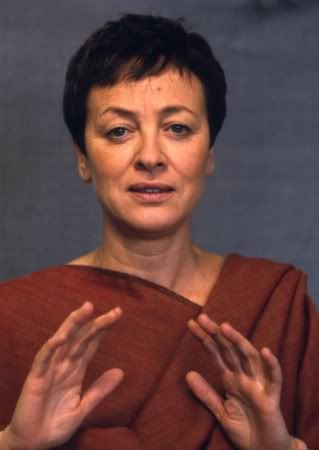
Houria Aïchi was born in the center of the Aurès, and she's still here to bring the musical algerian history to people all over the world. Patiently, she collects the last vestiges in the forgotten villages and interprets them by trying to remain so faithful as possible for the tradition.
Of its native mountain, Houria Aïchi kept a shape of sourness. And it is doubtless this purified aspect which seduced Bernardo Bertollucci to accompany a passage of its film " A tea in Sahara ". The first evidence for Houria Aïchi was to go towards the music. She is endowed with a very beautiful voice, powerful, at once pure and guttural impression especially due to her phrasing, both in Arabic and chaoui.
And then she arises from a family - and of a culture where the music is omnipresent. " To sing fact left the life, the education of the girls, it flows in source. To learn the directory is obvious " she explains in the interviews today. From the age of 7 years, Houria escorted her grandmother who was a renowned azriate. Sort of troubadours in the feminine, azriates went of feast to feast, agents of vocal techniques and directories which could so be passed on through valleys and generations.
Listenning to Houria Aïchi is like listenning to 300 years of history, tradition & feelings...
The song i chose from her last CD, is called The Grey Mare and i translate words for ya
The grey mare
With two witnesses appeared,
Mounted by handsome Allaou:
Prematurely his hair
Has turned white.
O God, How my soul grieves !
Often my nights are sleepless,
I cannot find slumber.
You are the cause, O ùy dear Keltoum,
When you dress in silk and embroidery.
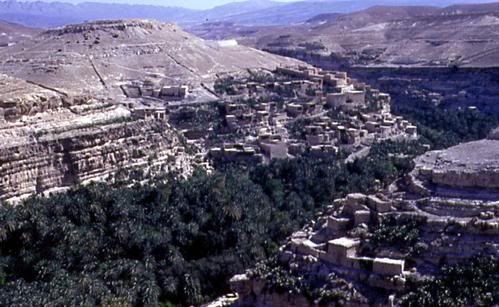
Hope you'll feel the atmosphere of this wonderful place...
Also, i just found a Live Video of Houria Aïchi singin this LP in a festival called "Au Fil Des Voix" (Feb.2008) ....Enjoy

